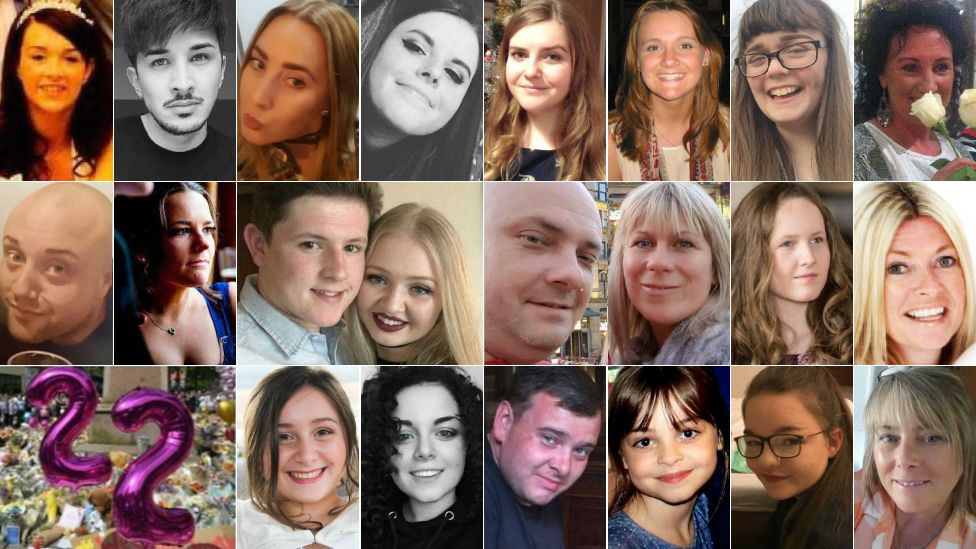“Doing their bit.”
Greater Manchester Police (GMP) is taking some heat about how they handled training exercises leading up to the arena bombing.
Former fire service group manager John Fletcher told the Manchester Attack inquiry that he had “strong words” for the force.
He says police left the exercise after “doing their bit”.
Mr Fletcher says police caused significant delays in the 2016 terror training exercise. He adds that once the threats were neutralised, officers didn’t help with casualties.
Reports indicate a number of training exercises went wrong in the leadup to the Manchester Arena attack.
Twenty-two people died in that attack on May 22 2017.
Refusing to Yield
Mr Fletcher says police didn’t take a number of training exercises seriously.
He told the inquiry that in January 2014, he and his colleague at North West Ambulance Service believed there was a lack of multi-agency cooperation with the exercises taking place.
Another exercise, according to Fletcher, took place later that year involving Greater Manchester Fire and Rescue Service (GMFRS)
He says that in that situation, GMFRS “refused to yield”, so they could test their capabilities fully, but “quite a few” police officers were “walking through, who weren’t really paying attention to the elements we were doing”.
Mr Fletcher also noted a particular incident in May 2016 during a training exercise called “Winchester Accord” at Trafford Centre.
He says that the police inspector in the inner cordon wouldn’t let fire and ambulance services inside in that exercise. That delayed training by an hour and a half.
Fletcher added there was a general “lack of understanding” in what the fire service could provide.
“Impossible task.”
A former inspector with the GMP told the inquiry that long before the tragedy a likely point of failure in the event of a big terror attack would be the role of the Force Duty Officer (FDO) because they had too much to do.
Dave Whittle conducted firearms training for 20 years. He called the duty officer role an “impossible task”.
The inquiry, however, heard that weeks before the arena bombing, the number of tasks for the FDO increased in case of a marauding firearms attack.
Whittle says he did that because those were “duties that must be discharged” by the FDO.
He continues by saying: “That’s not saying the FDO was responsible for doing all of them personally, but they are responsible for ensuring these things occur.”
There was no mention in the plan for who should help the FDO complete their list of duties, but it would be left to individual commanders to decide, he added.
Mr Fletcher worked for 18 years on contingency plans for major incidents for the GMFRS. (JSL).
